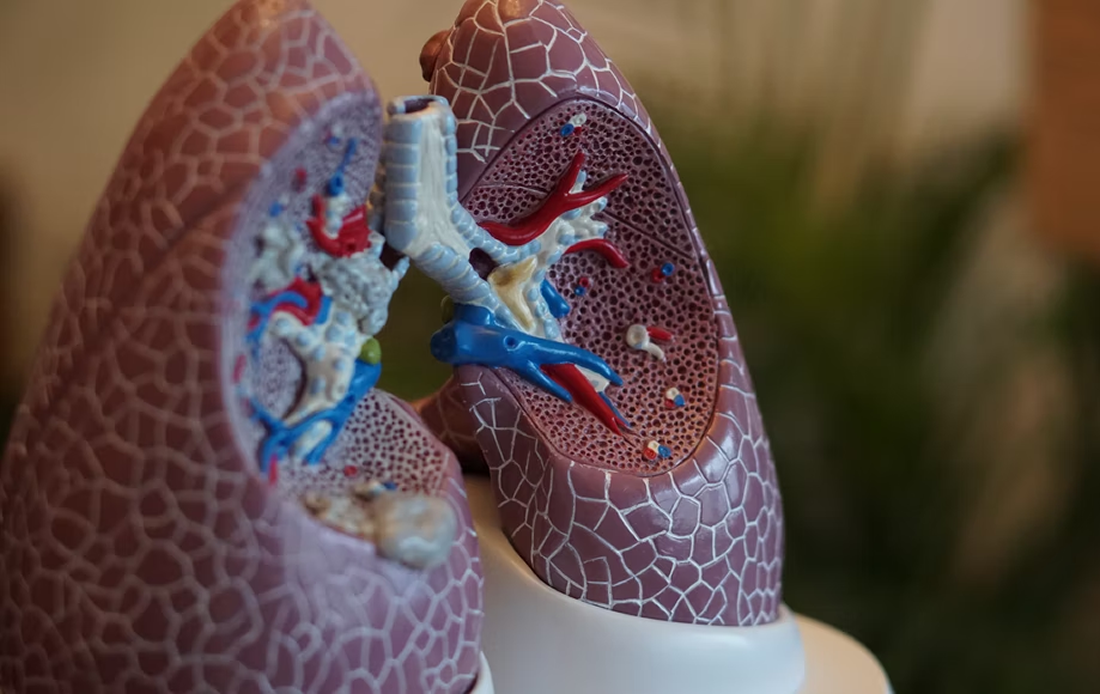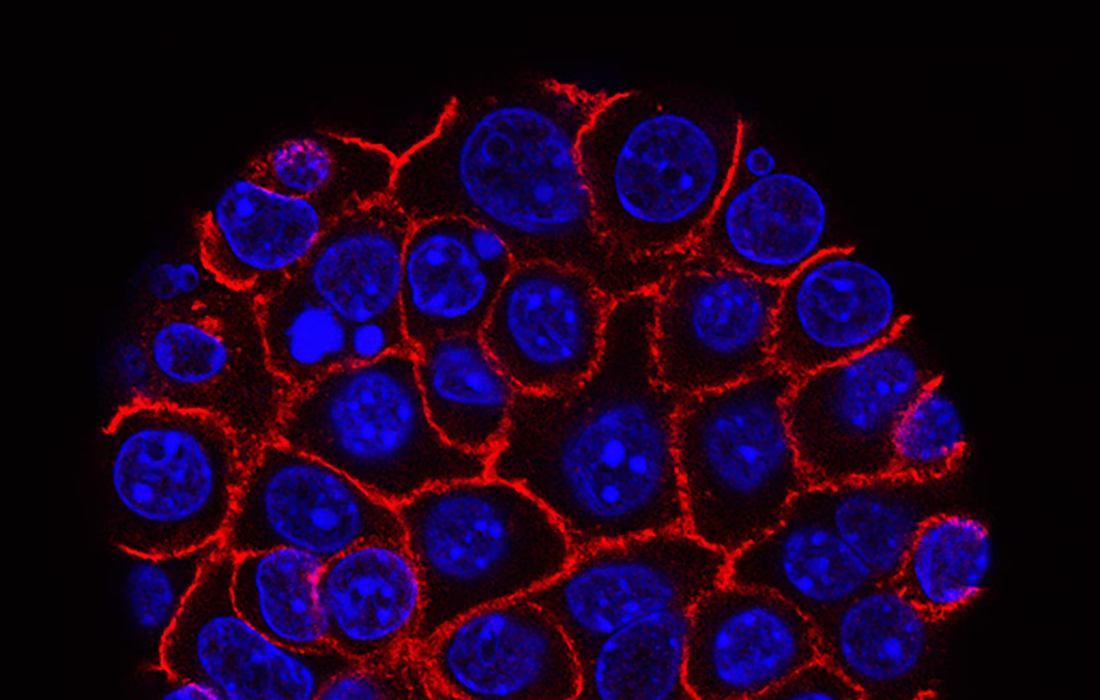The prevalence of type 2 diabetes has doubled over the past 2 decades, becoming a major threat to global health. Although T2DM is associated with genetics, the development of glucose intolerance is also a consequence of lifestyle and dietary patterns. There is some evidence that associates the consumption of fructose-containing sweetened beverages, as part of […]
Author Archives: Francisco Fernandez, MD
In a new study published in the journal Clinical Nutrition, researchers investigated the potential biases that exist in available epidemiological evidence resulting in negative associations or underestimation of cardiovascular (CV) risk associated with alcohol consumption. The researchers examined hospitalizations related to cardiovascular events among more than 350,000 UK residents aged between 40 and 69 from […]
Diet is central to human health and the etiology of noncommunicable chronic diseases that have reached epidemic proportions. An important factor of the physiological effects of diet rarely considered in establishing dietary guidelines is the human gut microbiome. Our gastrointestinal tract is colonized by a dense and complex assembly of microbiomes that contribute significantly to […]
In the United States, ≈60% of adults have visceral adiposity, defined as a waist circumference of ≥40 inches for women and ≥35 inches for men, which is associated with an elevated risk of multiple health conditions, such as type 2 diabetes, insulin resistance, systemic inflammation, cardiovascular disease, and all-cause mortality. Independent of total caloric intake, diet quality […]
In a recently published study, researchers evaluated the health of 55,081 U.S. adults aged 20 or more from the last 10 most recent cycles of the National Health and Nutrition Examination Survey (1999-200 to 2017-2018). The survey design and sampling collects demographic, socioeconomic, dietary, and health-related data and standardized physical examination and laboratory studies. The […]
What is Pulmonary Arterial Hypertension? Pulmonary Arterial Hypertension (PAH) is characterized by progressive, obliterative remodeling of pulmonary arterioles, pre-capillary vessel loss, right heart failure and death. The pathobiology of pulmonary vascular disease (PVD) and PAH is complex, multifactorial and driven by inflammation and metabolic dysfunction. Despite improvements in pharmacotherapy for PAH, advanced PAH is still […]
In recent years, pollution from microplastics (i.e. plastic particles < 5 mm in size) has received particular attention due to their high concentration and potential for widespread dissemination within terrestrial, freshwater, marine, and atmospheric environments. These microplastics can become quickly colonized by microorganisms, and studies have started to describe and identify the microbial communities that […]
Women who have gone through menopause may have increased white matter hyperintensities than premenopausal women or men of the same age, accoring to the findings of a new study published in the journal Neurology, the medical journal of the American Academy of Neurology. There is evidence that suggests that there are sex differences in these […]
Alzheimer’s disease (AD) is a progressive neurodegenerative disorder and the most common cause of dementia, affecting more than 5.8 million individuals in the United States. In AD occurring after age 65 one of the strongest established genetic risk factors is the apolipoprotein E (APOE) ε4 allele, being present in only 40% of AD cases, implicating […]
Pancreatic cancer is a severe cancer type that can be both aggressive and fatal. It is actually one of the most severe types. The most common type of cancer that forms in the pancreas begins in the cells that line the ducts that carry digestive enzymes out of the pancreas (pancreatic ductal adenocarcinoma). Pancreatic cancer […]










